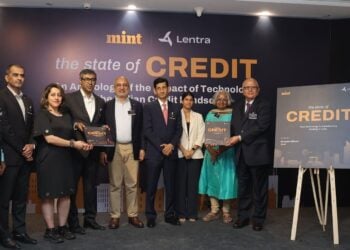Malaysia has moved electric vehicle (EV) adoption to the top of its priority list, according to ASEAN Briefing, with the objective of becoming carbon neutral by 2050.
According to the analysis, Malaysia’s semiconductor and copper wire sectors are the two cornerstones of its EV future, with investment rising. GCG Asia, for example, has stated its desire to establish a battery manufacturing facility in Malaysia.
According to the Malaysian Investment Development Authority (MIDA), Malaysia has the third-largest vehicle market in ASEAN, with 28 automotive component suppliers and assemblers. The automobile industry accounts for 4% of the country’s gross domestic product.
Malaysia, on the other hand, will find it difficult to adopt EVs due to a lack of EV ecosystem and infrastructure, as well as the high cost of construction.
Electric vehicles are still considered a luxury by the majority of Malaysians. Even the cheapest model available costs about twice as much as a Malaysian middle-class family’s annual salary.
The country now has only 600 charging stations, but the government has promised to add 10,000 more by 2025.

Beginning this year, EV makers will be exempt from import tax, consumption tax, and sales tax, according to the article. Rather than importing the full vehicle, the Malaysian government encourages automakers to assemble and manufacture EVs in the country.
in other news, By 2060, Indonesia hopes to be carbon-free, if not sooner. However, the country is the largest market for passenger vehicles in Southeast Asia. According to the ASEAN Automotive Federation, Indonesia sold over 659,000 passenger vehicles in 2021, with Malaysia coming in second with 452,000.
Also Read:








